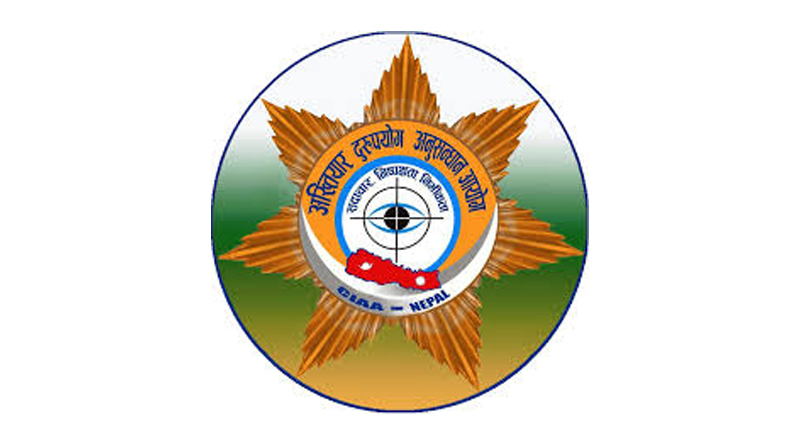Editorial: Who will watch the local governments?

Government data and various surveys show corruption is more prevalent at the local level than at the center.
Two years ago, the CIAA conducted a 15-district survey aimed to study the public perception of corruption. Of the 3,000 respondents, 67.6 percent reported increased corruption at local units and 14.9 percent said they paid bribes to officials to get things done. Respondents said corruption had increased after the formation of local units in 2017. Nepal elected representatives for 753 local governments for the second time in May this year. These subnational entities have no doubt become instrumental in providing services to the people and decentralizing power. But they are also becoming breeding grounds for corruption. Misuse of resources in local bodies has become a major source of income for political parties. Candidates of local governments are known to spend millions of rupees on their election campaigns. Political protection of corrupt officials and party supporters, opaque election financing and toothless law enforcement agencies have all contributed to corruption culture. Everyone knows corruption is rife in local bodies but no one seems bothered about it. Constitutionally, the CIAA, as an anti-graft agency, is responsible for monitoring and controlling corruption. But the highly centralized agency can hardly do anything to monitor the goings-on in municipal offices. The CIAA is essentially receiving complaints when they are made. It is not working proactively to stem bribery and financial misappropriations at the local level. The anti-corruption body is also ineffective due to heavy politicization. In many cases, it has shown reluctance to investigate large-scale corruption scandals linked to political parties and their leaders. Time has come to think about a new mechanism to monitor and check malpractices in local governments. Unchecked corruption is already crippling local governance.
related news
Editorial: Nepal’s investment climate myths
April 26, 2024, 8:25 a.m.
Editorial: Urgent call for social harmony
April 19, 2024, 8:32 a.m.
End House impasse, once and for all
April 12, 2024, 8:35 a.m.
Editorial: Limit Everest expeditions
April 5, 2024, 5:09 a.m.
Editorial: Focus on transitional justice
March 29, 2024, 7:05 a.m.
Editorial: The opposition’s role in Parliament
March 22, 2024, 11:22 a.m.
Editorial: High hopes from sports minister
March 15, 2024, 5:36 a.m.
Editorial: Hope with the new coalition
March 8, 2024, 6:54 a.m.










Comments